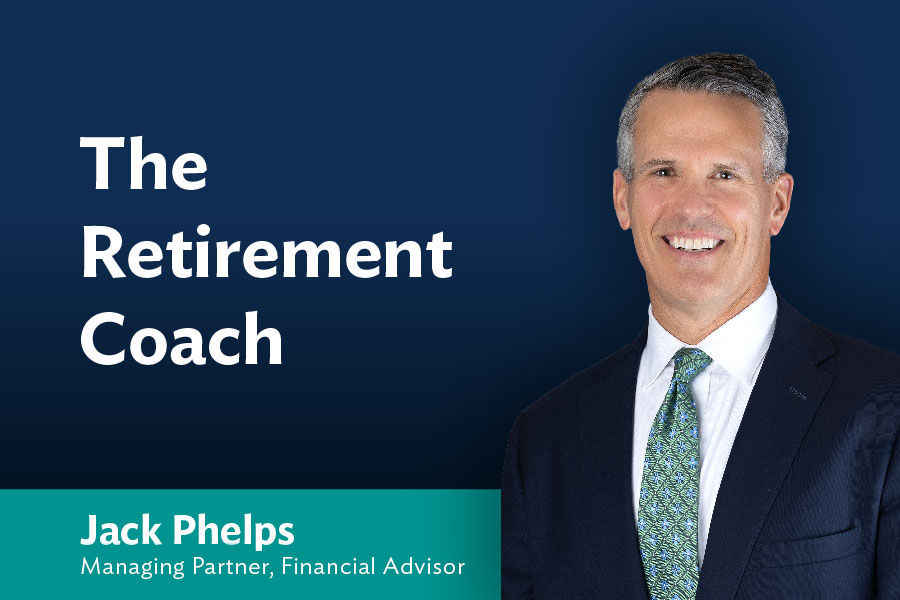A Potentially Costly Investing Bias Created by the Verbs We Use

During periods of heightened market volatility like we experienced in the first half of 2025, the financial media uses the opportunity to highlight recent winners and losers among stock asset classes.
While this can be innocent on the surface, there is a dangerous investing bias we often witness as a result if we’re not careful, and it has to do with the “verbs” many financial commentators and investors use when discussing investments.
No, I haven’t turned in my Retirement Coach hat for that of an English teacher, but there is a distinction that can potentially lead to significant problems if it’s not clarified.
Many financial commentators and investors use the word “doing” instead of “done,” and “going” instead of “gone.”
For example, during the surge in the stock prices of the Magnificent Seven (Apple, Microsoft, Amazon, Alphabet (Google), Meta, Nvidia, and Tesla), you likely heard someone say, “technology stocks are doing well,” or “ABC’s price is falling or going down!”
Generally speaking, each of these phrases could be harmless. The exception is when they are interpreted as a predictive indicator of what is to come in the future.
When someone hears “ABC’s price is falling or going down,” the emotional interpretation in many situations is twofold:
- first, ABC has recently “gone” down in value, and
- second, because it has recently “gone” down in value, it will likely continue to go down.
In other words, many emotionally interpret that statement as an indication of a trend and that’s where the danger lies.
At any point in time, the only thing we can say about any investment is what it has “done” up until now. “Doing” implies movement into the future.
Warren Buffett summed it up best when he said, “investors project out into the future what they have most recently been seeing.”
While it may “feel” as though an investment which has recently gone down in value will continue to go down, and vice versa, the reality is that recent performance of any investment it not necessarily an indicator of what is to come next.
The expected future return of any investment is always changing.
Recency Bias
What I’ve just described is known as a recency bias, and it’s an investment bias to be aware of and not fall prey to.
Recency bias occurs when we mistake recent events for an ongoing trend or we use recent performance as an indicator of future performance.
Let me give you an example: Between January 1997 and February 2000, the Nasdaq, which is populated with technology stocks, grew over 393% in value from 2,224 to 6,850. You may recall that time period when the term “new economy” became the rage. Nasdaq Stock Surge
It was very challenging to convince any investor of the importance of diversification. Believing they were witnessing a “trend” that would continue, many investors jumped on the bandwagon and loaded up on technology stocks.
You may already know the rest of the story, but between March of 2000 and September of 2002, the value of the Nasdaq fell 76% from the peak in February 2000, and more than 25% from the value back in January 1997. Nasdaq Bubble Burst
The price didn’t return to January 1997 levels until May of 2003, and not to February 2000 values until October 2017.
While this is not a prediction of what is to come of technology stocks, be careful not to interpret any asset class or market sector’s recent outperformance as a predictive indicator of what is to come in the future.
Resist the temptation and maintain your discipline.
As we have all learned the hard way, there is very little correlation between recent price movement of a certain asset class of stocks and its price movement over the next year. Yet, as these examples have shown, how many of us look at an investment which has recently performed poorly relative to other asset classes and project out into the future that this “trend” will continue?
Or, on the flip side, that a fund or asset class which has shot the lights out this year will continue to do so?
If we want to increase our odds of capturing higher expected market returns, we have to be very careful of the biases we bring to the table, and the potential negative impact of the verbs we use!

